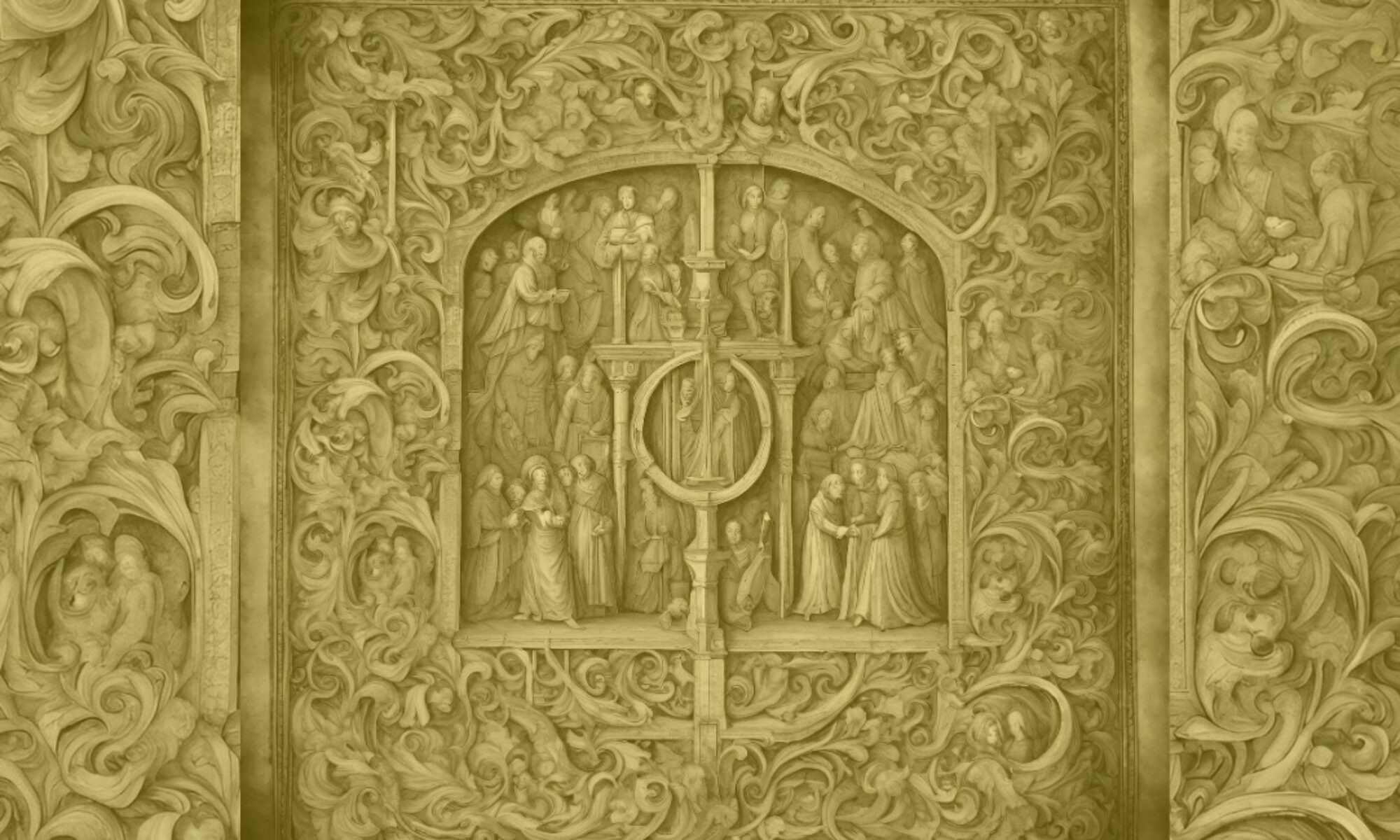Alyssa’s presentation is called “A World of One’s Own: How Fantasy Facilitates the Development of the Inner Voice of Women”

This presentation will explore how the liminality of the fantasy genre and the labyrinthine Heroine’s Journey support the development of women’s inner voices and identities. Both provide space for women authors to explore new worlds of possibility while also providing examples and role models for women readers to emulate in their own lives.
Fantasy is where a woman can create not only a “room of one’s own,” but an entire imaginary world of her own. This space of possibility — for writers, readers, and characters, is inherently a liminal one, reflected in the physical settings of many of these stories. It is not a coincidence that so many myths, fantasy stories, and tales of women finding themselves happen so often in extreme parts of nature, especially where the earth meets the sea — where a cliff and a breeze threaten a fatal fall.
About Alyssa
Alyssa Herzinger, MFA is a writer, actor, musician, researcher, and creative facilitator focused on women’s experiences and identities. Her career has spanned academia, the arts, startups, social work, and tech, which she has brought together through her focus on helping women find and use their voices to advocate for themselves and others.
As a Master’s student in Actor-Musicianship, she co-developed a compositional and divinatory technique called Musicomancy, which she used to compose the Tarot-based album, Lilies in the Bardo. She is the author of Pioneer: Creating Your Own Path After Mormonism, and she has written and co-written several plays, including Devout, an autobiographical story about leaving a high-demand religion; Killer Boss, a musical comedy about modern workplaces, and Full Fathom Five, a musical prequel to The Tempest. She is currently developing an actor-musician play about a 19th-century composer.




